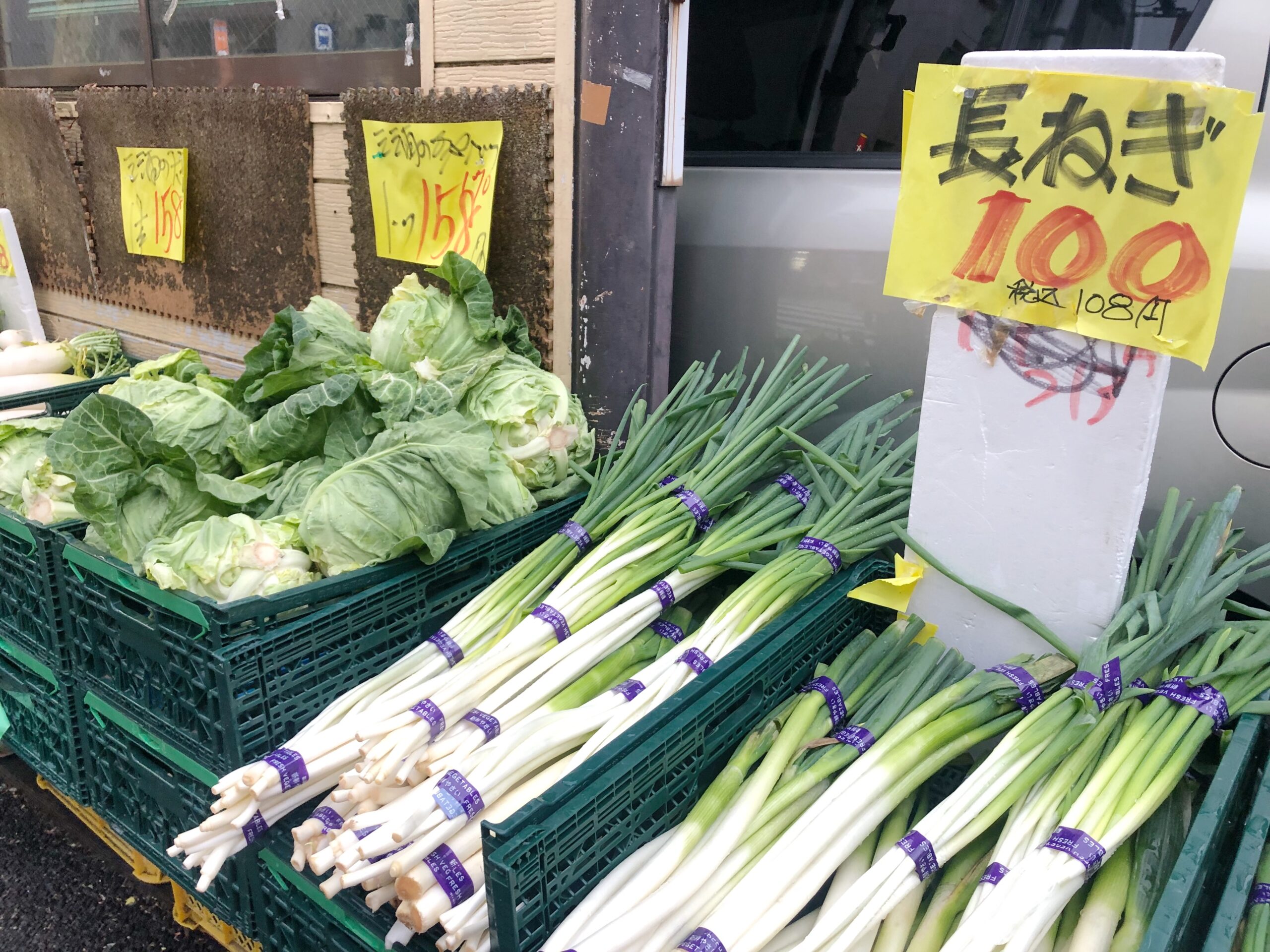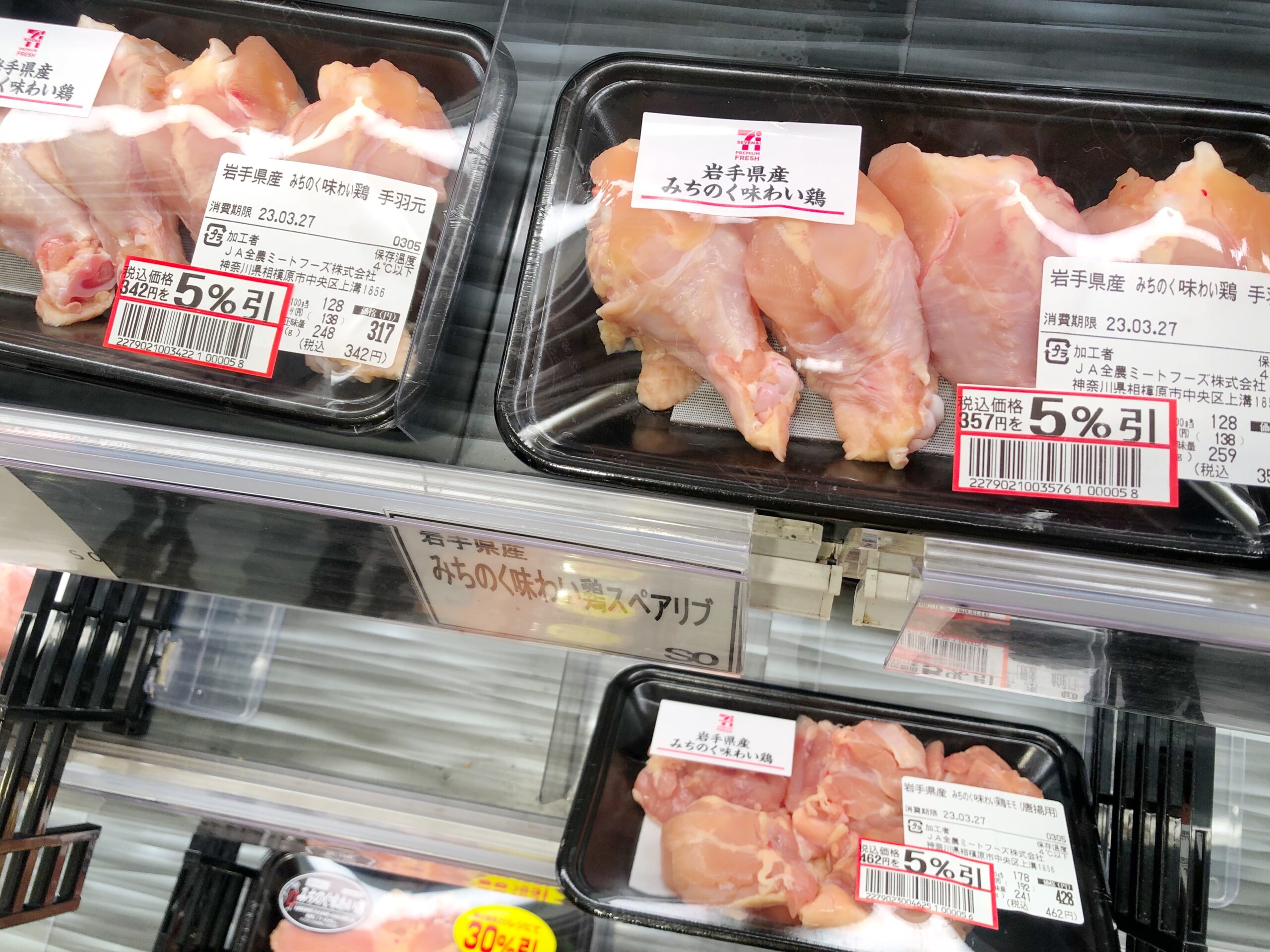Spending a little too much on food? Here are my simple solutions for eating on a budget in Japan.

If you haven’t noticed Japan’s steady rise in costs for food and electricity, it’s worth looking into. According to Trading Economics, Japan’s inflation rate is up a whopping 3.3% from 1.2% last year. The overall sentiment that prices are rising hits heavy for those trying to save.
Fortunately, cutting back on specific areas of spending is more manageable than expected. With just a few tweaks here and there, you’ll be able to spend less on food and more on the things that matter. Read below for money-saving suggestions on how to eat on a budget in Japan.
Bite the Bullet and Cook from Home

If money is getting difficult to manage and you’re looking to make quick changes, it may be time to cut down your spending on eating out and takeout.
Based on an online questionnaire, a little less than 20% of people make a bento from home more than one day a week. This means that most people opt to buy lunch at a restaurant or buy a prepared bento instead. When tallying up the costs, one can spend anywhere from 3,000-5,000¥ just on one meal per day in a week! Now factor in eating out at restaurants on the weekends, that occasional coffee from Starbucks, and a couple of drinks with friends, and suddenly you’ve got a high price tag on your weekly food expenditure.
Cooking from home has been proven time and time again to be a money-saving solution. My best advice is to start slow with your cooking-from-home journey in order to to avoid burnout. Learn a few recipes you like and then rotate them through the week.
Consider trying out this ginger pork recipe for dinners and leftovers for the following day’s bento. You can also refer to CookPad, which is a great resource for beginners in the kitchen. The site also has a wide variety of recipes that only require a microwave which makes cooking that much easier!
Find Your Neighborhood Vegetable Stand

Take an open weekend to stroll around your neighborhood in search of your nearest local produce shop or vegetable stand. Typically prices here are far lower than their big brand grocer counterparts, taste better, and usually have less of an environmental impact due to minimal plastic packaging.
If your work schedule is keeping you from visiting your favorite local veggie stand, make a point to go on weekends and bulk buy. Make time for a prep day to wash and cut your produce before the end of the weekend and put them in freezer-safe bags or Tupperware. When busy worknights have you too exhausted to prep your dinner, you can easily use your prepared veggies in simple 10-minute stir-fries or even pop them in the microwave in a steamer-safe bag or bowl for a quick healthy meal.
While meal prep does take some time and effort, money saved is time well spent in my opinion. I’ll usually watch my favorite show or listen to a podcast while preparing meals. It’s a great way to do what you like, while also setting your future self up for a great week ahead.
Take Advantage of Late-Night Bargains

It may be impossible for those who work late to hit up their local veggie stand every day. Instead, take advantage of your late-night homecoming but stopping by the grocery store 20 to 30 minutes before closing. Here you find many discounted items such as prepared food, bento, meat, and fish.
Smaller grocery stores tend to get picked through quite fast, so if you’re looking for the best bargain be sure to visit a few times a week to get the lay of the land. If you live near a bigger grocery chain you’ll have better luck at finding great prices on your favorites. My closest grocery store tends to discount bakery bread up to 60% off within an hour of closing, sushi up to 50% 20 minutes before closing, and meat up to 20-30% off!
Minimize or Completely Cut out Your Drink Spending

I made a goal to record my personal spending for a month to see what areas I needed to work on, and low and behold, a whopping 5,000 yen was spent on drinks, half of which were just spent in one night! This is a clear example of how easily money can go just on drinks. After my shocking results, I completely re-vamped my thinking on drink spending and found ways to combat my spending. Below I’ve listed my best solutions:
-
Set a drink number or budget at the start of your night and stop as soon as you’ve hit it.
-
Invest in a good water bottle you’re comfortable taking with you to work and on excursions in order to stop buying water from conbini or vending machines.
-
Make coffee from home and bring it to work in a thermos instead of spending on daily drinks from overpriced chains such as Tullys and Starbucks.
-
Opt to buy bottled drinks at grocery or drug stores where prices are lower than the conbini.
Which of these money-saving tips do you plan on implementing in your daily life in Japan?



